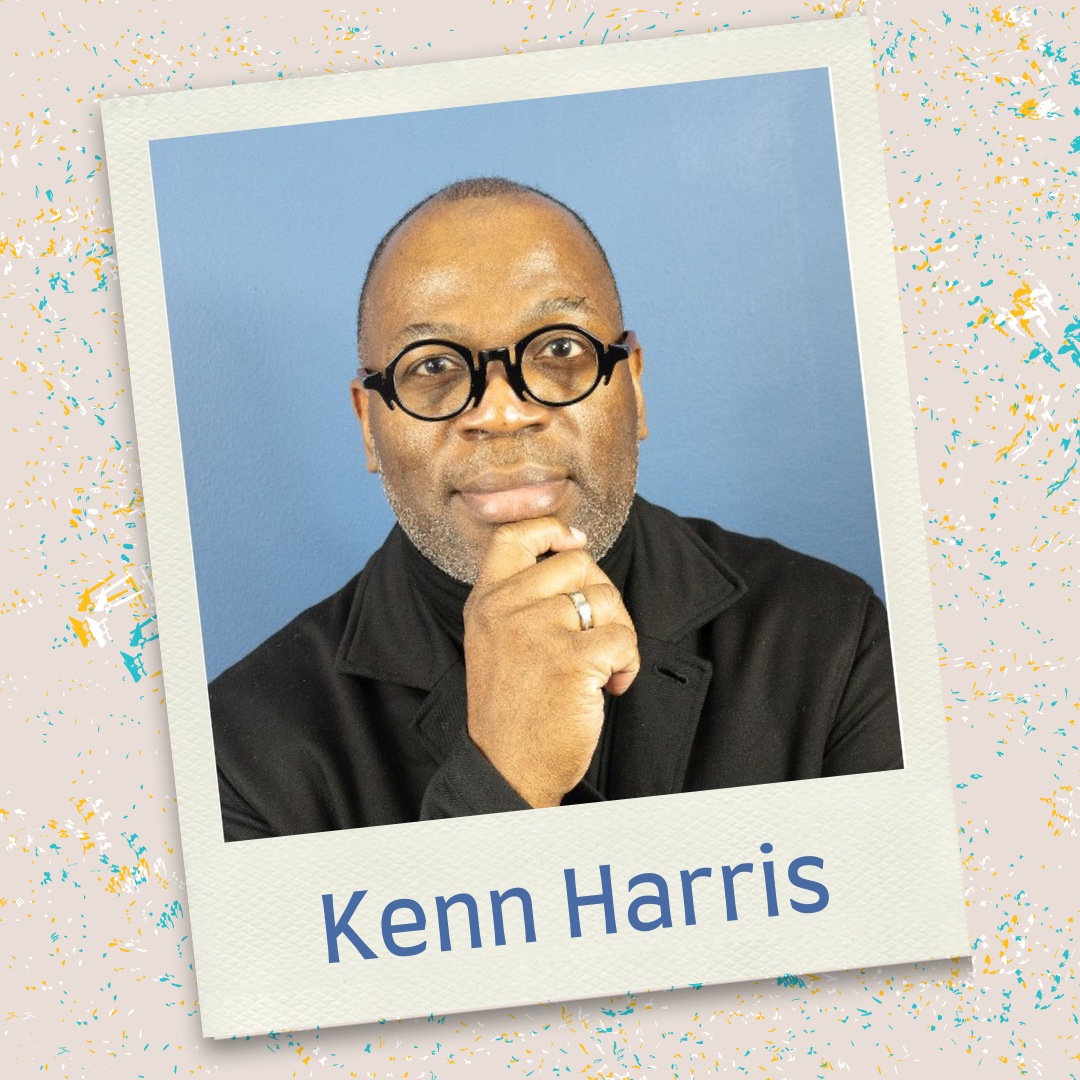
We sat down with Kenn Harris to find out more about his session at the 2023 NWA Annual Education and Training Conference and Exhibits.
Q: Tell us about yourself, your background, and your experiences in the Child Nutrition and Child Safety space?
 A: I am the Vice President of Engagement and Community for the National Institution for Children’s Health Quality (NICHQ). I’m also the Director of the Federal Healthy Start program, which serves as a TA Center for the 101 Healthy Start programs across the country. They represent urban, rural, tribal, and border communities. Healthy Start is an infant mortality program that has been around since 1991 and I've been associated with the program since the beginning. I started working at the community level and then grew to be a director of one of the programs in New Haven, Connecticut, for about 20 years. Overall, I have about 32 years of maternal child health experience.
A: I am the Vice President of Engagement and Community for the National Institution for Children’s Health Quality (NICHQ). I’m also the Director of the Federal Healthy Start program, which serves as a TA Center for the 101 Healthy Start programs across the country. They represent urban, rural, tribal, and border communities. Healthy Start is an infant mortality program that has been around since 1991 and I've been associated with the program since the beginning. I started working at the community level and then grew to be a director of one of the programs in New Haven, Connecticut, for about 20 years. Overall, I have about 32 years of maternal child health experience.
I'm also a researcher on men's health and fatherhood. I’ve developed some expertise around fathers' inclusion in the maternal child health space. I’ve written about it, developed a curriculum, and worked with families.
Outside of that, my overall work is under the umbrella of community engagement. I have my own consulting firm, which focuses on community engagement and doing a lot of work at the community level, public health, mental health, and maternal child health.
Q: What are some of the everyday challenges that you face regarding your organization, your work, and your position(s)?
A: Some of the challenges are typically around limitations regarding resources being available to do more of the work. I know that the Healthy Start program is an example - we have 100 programs funded right now, but there are actually 300 additional communities in this country that could use the same type of initiative that these communities are implementing.

Similar to what we see in infant mortality. We’re doing a lot and we've done a lot for decades, but these disparities persist. It’s one of the hardest challenges because I know we're doing great work, but as we start to address the impact of racism and structural determinants, we're going to need to accelerate and move a bit faster. There is always hope.
Q: What are you most excited to speak about in your session?
A: I'm excited to be at the Annual Conference because it's a wonderful experience and I understand the history of NWA. I’m most excited to talk about the role of fathers in this space because generally, fathers have been rendered invisible. I'm excited to be in a space that's welcoming of fathers, to be able to bring that perspective and be there for Black fathers and Black fatherhood and really for me with my research, just looking at the legacy of enslavement and its impact on Black family formation.
Q: What is an accomplishment in your work or in your personal endeavors that you're proud of in terms of this space of child health, paternal health, etc.?
A: I'm proud of the consistency with my message of lifting all families and all communities. I've been consistent in my professional career, which is over 35 years.
 For example, the Healthy Start program is the first federal program to require a fatherhood component, and that took years to get us to, so I'm proud to be part of a maternal and child health program that celebrates and includes fathers in its work.
For example, the Healthy Start program is the first federal program to require a fatherhood component, and that took years to get us to, so I'm proud to be part of a maternal and child health program that celebrates and includes fathers in its work.
Q: Anything you want to share with our audience that’ll interest them to attend your session?
A: Everyone's talking about fathers and how to include fathers, but father inclusion must have a commitment of resources. Most of our maternal child health programs don't have provision resources that can include fathers. This could mean hiring a male outreach worker or a male case manager to help support services for fathers. As people are excited about including fathers, also keep your eyes open for opportunities for resources to enhance and strengthen your existing work. It doesn't take a lot of resources to start, but if you're committed to father inclusion, then the resources need to be there to make room for fathers.
I think father inclusion can be done with a small amount of resources because the Healthy Start program has demonstrated for 30 years its impact on fathers, and that was done with just a little funding. So folks out there that want to do this work: just take your time to really think about what inclusion looks like by learning from sessions like we're going to have can help you begin to do that in a more intentional way!